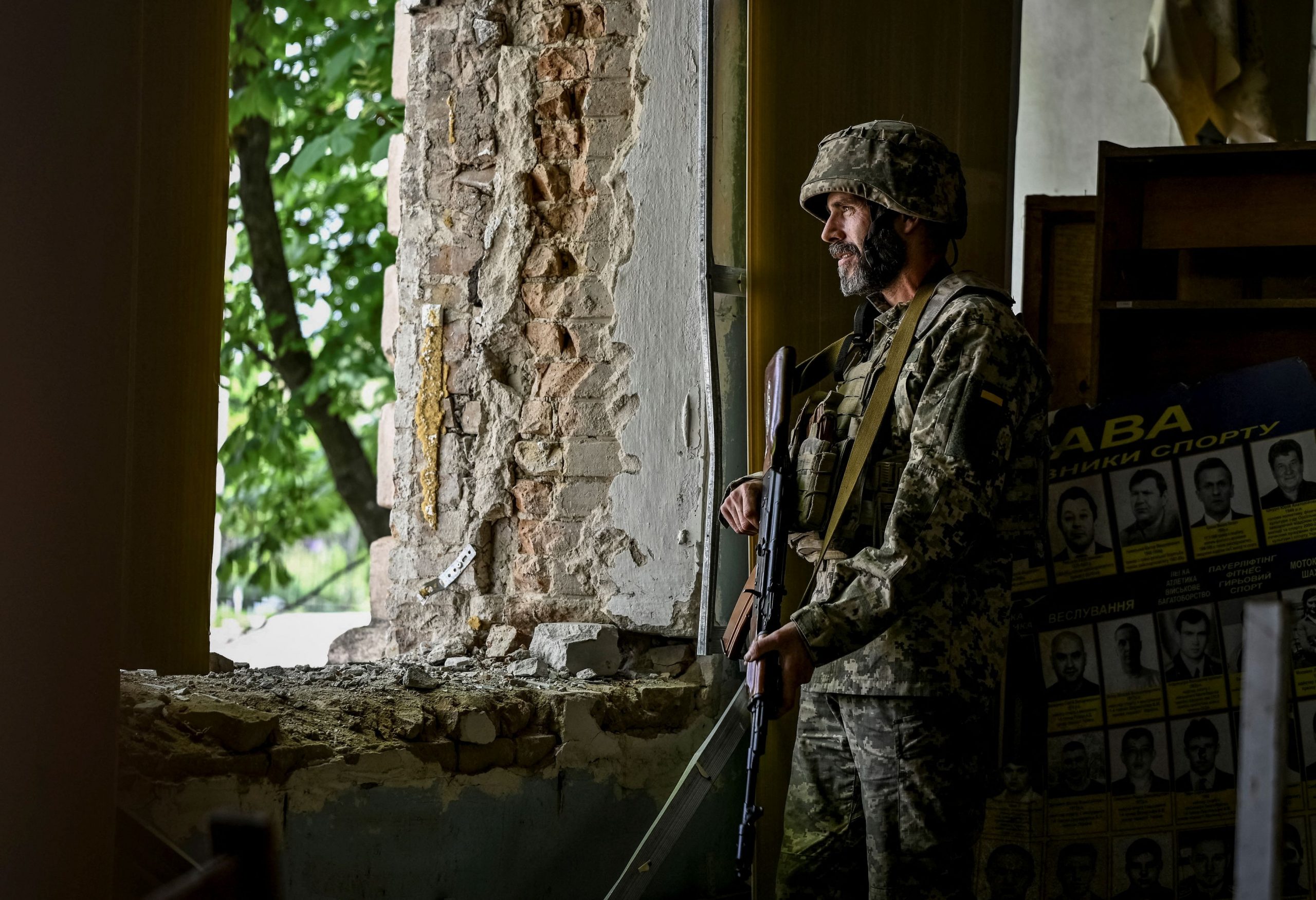“This is 1938,” historian Timothy Snyder said at a weekend conference in Estonia. He warned that a Ukrainian defeat would shift the calendar to 1939.
Many Americans still don’t fully grasp how serious the international situation has become. Iran has set the Middle East ablaze, Russia is advancing in Ukraine, and China is pursuing pressure campaigns against Japan, Taiwan and the Philippines.
Even more challenging times lie ahead. While Washington and its allies try to calm things and return the world to something like normalcy, the revisionists are strengthening their cooperation and mobilizing their societies and economies for war.
Iran’s sputtering economy has powered its war machine for years. Neither U.S. sanctions nor the costs of supporting proxy militias across the Mideast have prevented Tehran from developing a nuclear program and a massive drone industry. Russia and China are moving in the same direction.
The war in Ukraine was a wake-up call for Russia. Once Kremlin hopes of an early victory disappeared, Moscow put Russia’s society and economy on a war footing for the long term. Dissent is quashed, antiwar protesters are mercilessly pursued, and schools teach hatred of the West. Meanwhile, Mr. Putin appointed the man behind Russia’s recent gains in drones and microelectronics, Andrei Belousov , to modernize the military industrial base.
China’s war preparations are much more advanced than most Americans understand. A recent report by Mackenzie Eaglen of the American Enterprise Institute estimates that measured by purchasing power parity China is nearly matching America’s global defense spending. Although its civilian economy is suffering, Beijing is doubling down on the greatest military buildup in history.
That isn’t all. China is stockpiling key commodities to prevent interruptions in trade that would accompany a war. It is driving for self-sufficiency in energy and food. Under proposed legislation , high-school and college students would face the prospect of compulsory military training.
The revisionists have either developed or stumbled onto a coherent and, so far, successful strategy. The economic and potentially the military might of America and its allies far surpasses what the revisionists can bring to the table. Yet the U.S. and its allies are politically and militarily unprepared for war in the short to medium term. The revisionists therefore want to escalate crises around the globe without triggering an overwhelming response as, for example, Japan did by bombing Pearl Harbor in 1941. Against this pressure, they reason, the disorganized allies will retreat, conciliate and appease.
So far, that bet has paid off. Russia is winning its uneven contest with the West. Iran, despite the sudden death of President Ebrahim Raisi , is on a roll in the Middle East. China’s relentless campaign of small-scale menacing acts, known as “gray-zone aggression,” is eroding America’s power in the Far East.
The goal is to trap America between two losing choices. We can focus all our efforts and energies on one theater—China, Ukraine or the Middle East—or we can attempt to stop everything everywhere. Neither approach solves our problems. If we ignore Ukraine and the Middle East to focus on China, then Russia and Iran can undermine our alliances and shift the geopolitical balance in their favor. If we focus on Russia’s war in Ukraine, then China and Iran can advance their own regional plans.
To avoid this, some argue that the U.S. should simultaneously confront our adversaries across all three theaters. But we lack the military resources for such a strategy. Even if we had the necessary capabilities, American public opinion isn’t yet united or focused enough for an effort as serious and consuming as the Cold War. Count on the revisionists to use everything in their propaganda tool kit to postpone America’s awakening—and extend their hour of opportunity.
Security analysts generally believe that relatively modest defense increases by Washington could stabilize the military balance. That, plus a mix of more forceful American diplomacy and deeper cooperation with key allies, might halt the slide to war.
Team Biden, unfortunately, would rather starve the military and embrace the diplomacy of retreat. There is an off-ramp for every provocation, a search for a “diplomatic solution” to every military attack.
This can’t last. Our adversaries have ambitious goals. We face an increasingly successful and ambitious assault on the U.S.’s international position. Either we and our allies recover our military might and political will, or our foes will fatally undermine the edifice of American power and the international order that depends on it.



